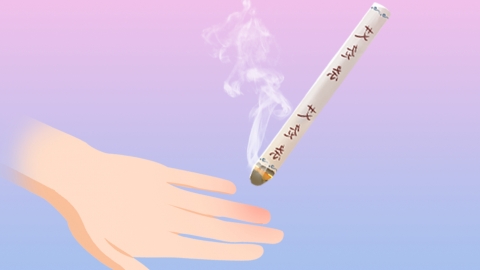Is moxibustion effective for appendicitis?
In general, the effectiveness of moxibustion for appendicitis depends on the specific situation. Moxibustion is ineffective during acute episodes of appendicitis and may delay proper treatment; medical attention should be sought immediately. During the remission phase of chronic appendicitis, moxibustion may help alleviate mild abdominal discomfort as an adjunct therapy, but it cannot cure the condition. Detailed analysis is as follows:

During an acute attack of appendicitis, severe pain in the lower right abdomen, nausea, and vomiting typically occur. At this stage, the appendix is inflamed and swollen. Moxibustion cannot control the inflammation and may worsen pain by stimulating local tissues, potentially leading to further spread of infection. Immediate medical evaluation is essential, and treatment may involve surgery or antibiotics depending on the severity.
During the remission phase of chronic appendicitis, if only occasional mild abdominal bloating or discomfort occurs without signs of acute flare-up, moxibustion may be used under medical guidance as supportive care. The warming effect of moxibustion can improve local blood circulation, relieve muscle tension, and reduce discomfort. However, it should be emphasized that moxibustion cannot eliminate the underlying pathological changes in the appendix and must not replace standard medical treatment.
In daily care, regardless of whether the condition is acute or chronic, patients should maintain a light diet, avoid overeating, and limit intake of spicy and greasy foods. During the chronic remission phase, moderate exercise may help strengthen the body, but strenuous physical activity should be avoided to prevent triggering an acute episode.





